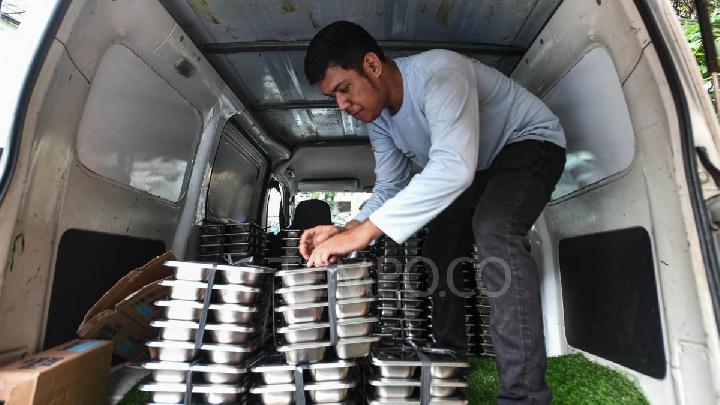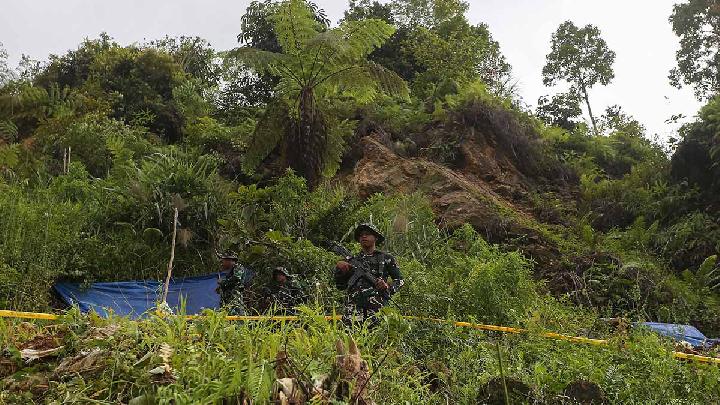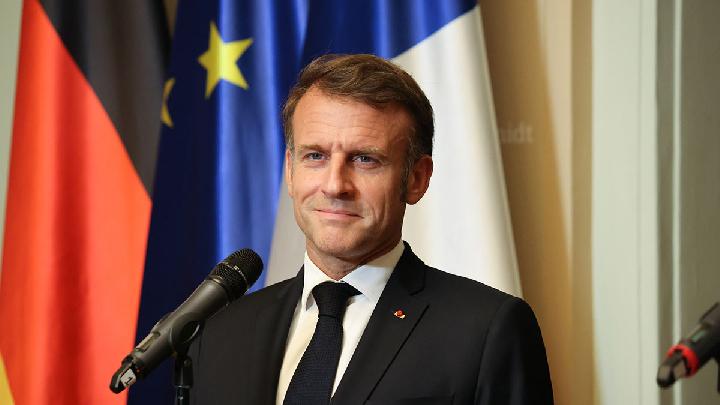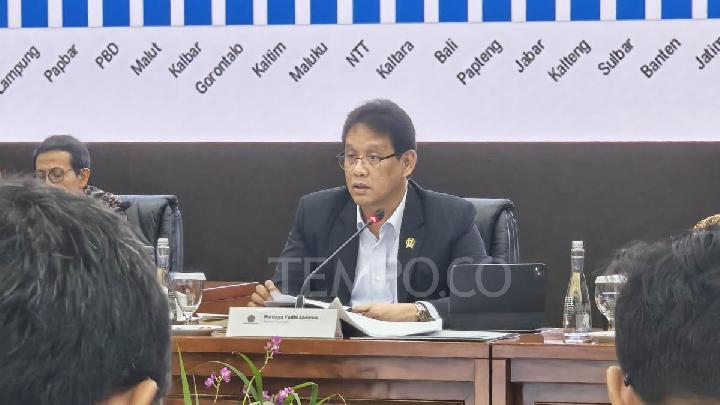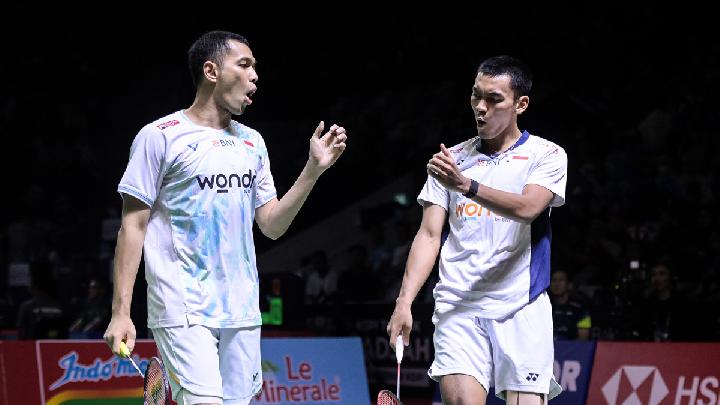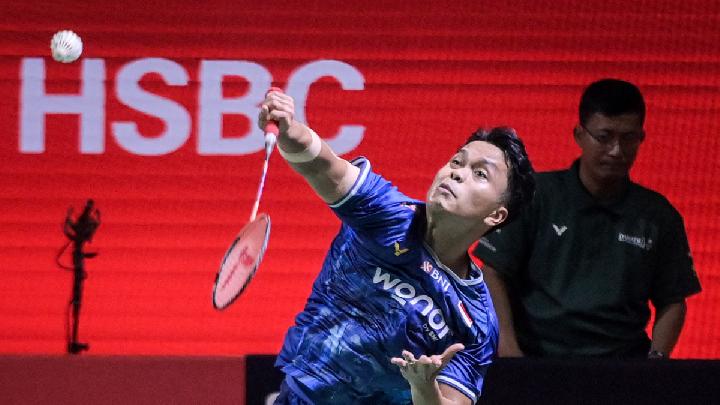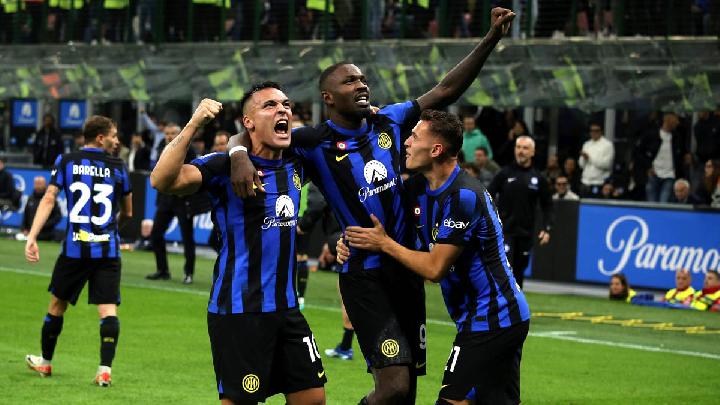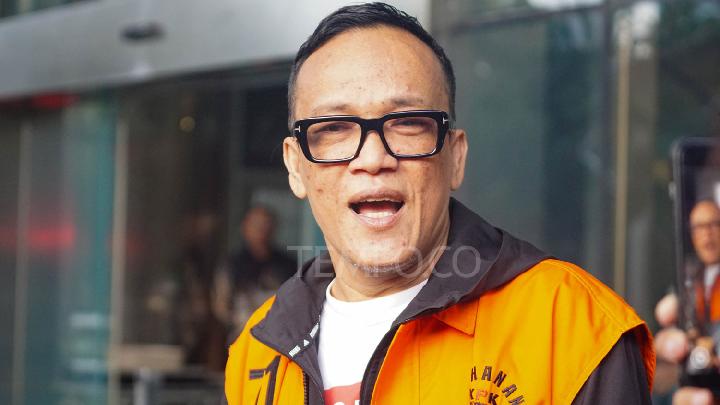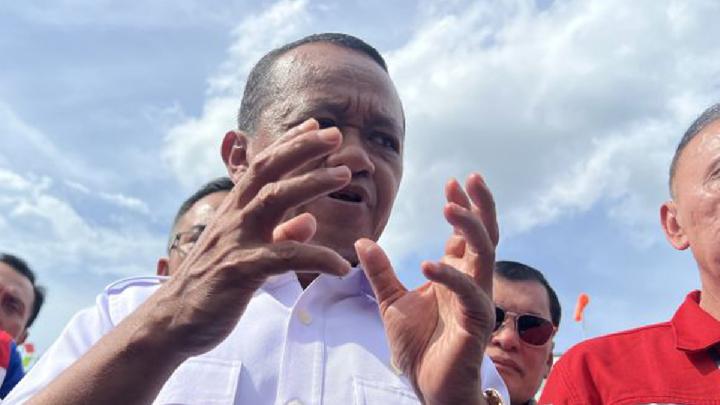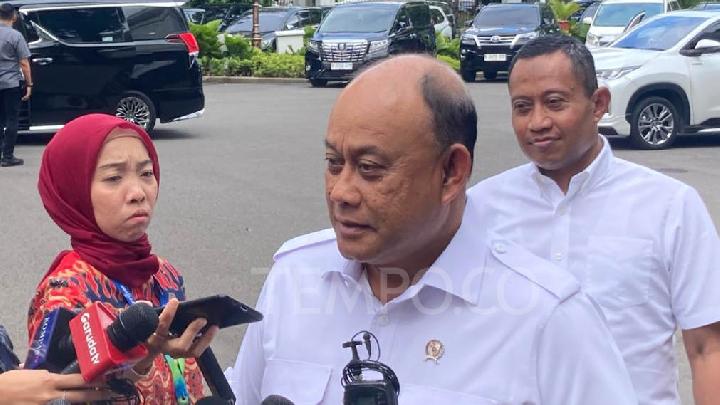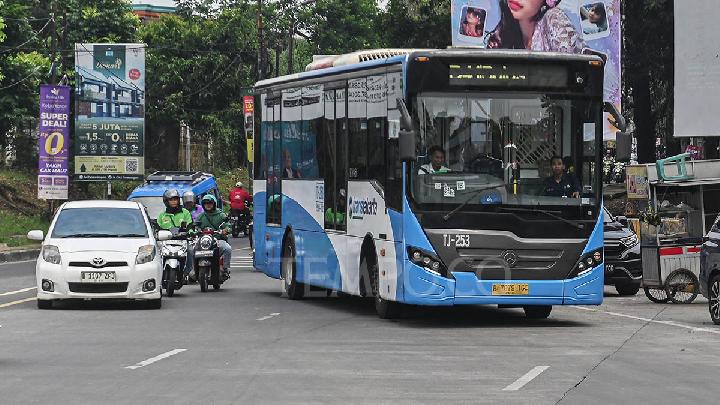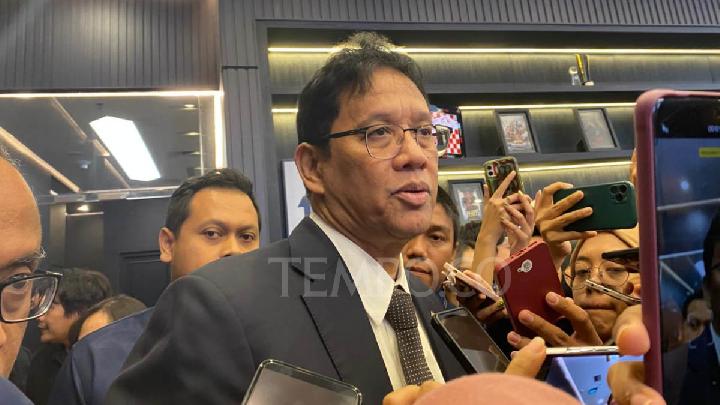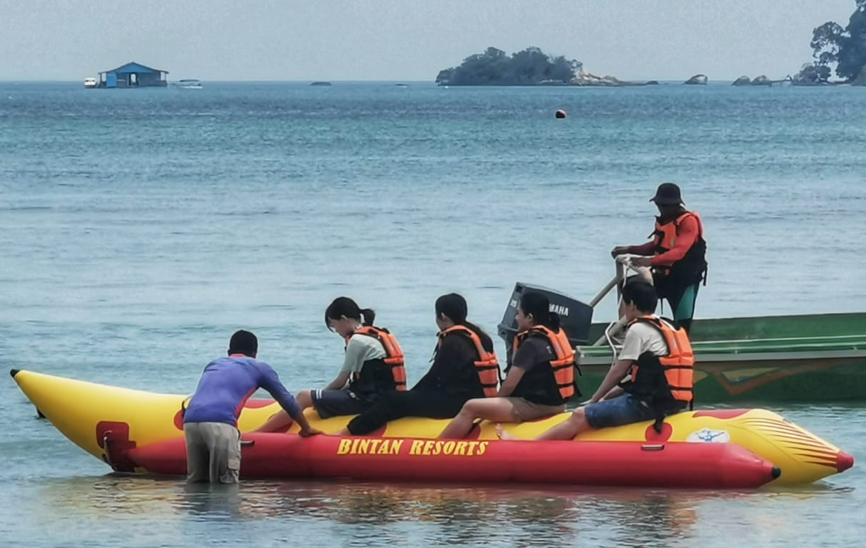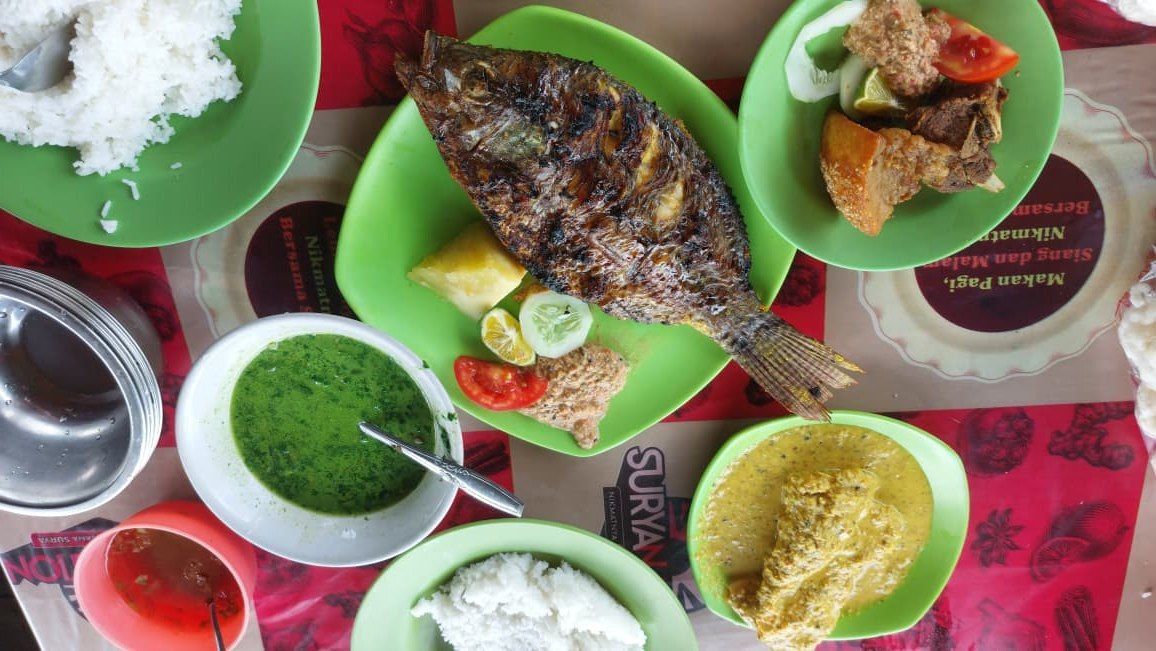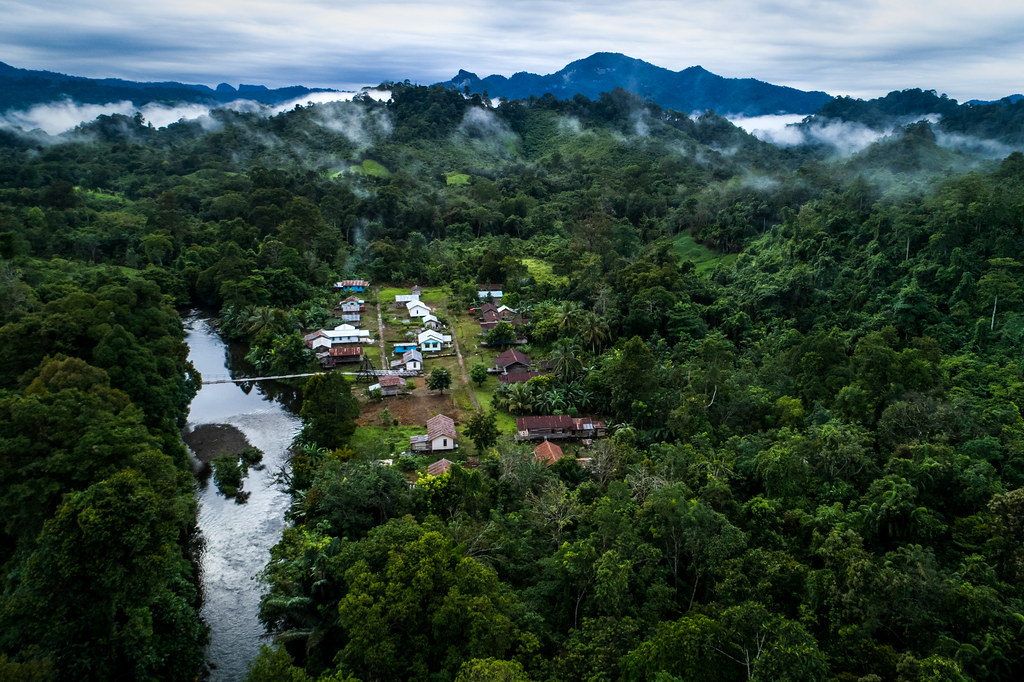TEMPO.CO, Jakarta - In his first international trip since being elected head of the Roman Catholic Church, Pope Leo XIV is set to travel to Turkey and Lebanon this weekend. The six-day visit to the two Muslim-majority nations aims to promote peace and Christian unity amid escalating tensions in the Middle East.
Pope Leo XIV will embark on his first foreign visit on Thursday, November 27, 2025.
This trip represents a major international test for the American-born Pope, who was elected head of the Catholic Church in May. He is noted for his humble speaking style, which contrasts with his charismatic and impulsive predecessor, Francis.
In Turkey, Pope Leo will celebrate the 1,700th anniversary of the Council of Nicaea, the birthplace of the Nicene Creed—a foundational statement of Christian faith.
The Focus on Lebanon
Although the Chicago-born Pope’s visit has received less attention in Muslim-majority countries, where Christians represent only 0.2 percent of the 86 million population, the trip is highly anticipated in Lebanon. Lebanon has long been viewed as a model of religious coexistence.
However, since 2019, Lebanon has been engulfed in multiple crises, including a massive economic collapse leading to widespread poverty, the 2020 Beirut port explosion, and a recent conflict with Israel.
Despite a ceasefire, Israel on Sunday attacked the capital of Lebanon for the first time since June, claiming to have killed Hezbollah's head of staff, Haytham Tabtabai. According to the Lebanese Ministry of Health, the air raid on the southern outskirts of Beirut killed five people and injured 25 others.
Israeli airstrikes in southern Lebanon have intensified in recent weeks, while Israel and the U.S. pressure Lebanon to disarm Hezbollah. Israel asserts that the group is trying to rebuild its military capabilities; the Lebanese government, which supports the disarmament, has denied these claims. Hezbollah has not attacked Israel since the U.S.-mediated ceasefire began in June.
"The Lebanese are tired," said Vincent Gelot, director of the Lebanon and Syria office for l'Oeuvre d'Orient, a Catholic organisation that supports Christians in the Middle East.
"They expect a frank word to the Lebanese elite, as well as strong and concrete actions," he added.
A Call for Peace
Preparations are in full swing at the locations the Pope will visit, with banners featuring the Pope and the words "Lebanon wants peace" displayed along newly renovated streets.
Lebanon's Ambassador to the Holy See, Fadi Assaf, stated that this is an "exceptional" visit that will "highlight the difficulties facing Lebanon," and Lebanon anticipates "political and economic breakthroughs."
Gelot noted that the Lebanese people are trapped in "a vicious cycle of wars and suffering," "dashed hopes," and "uncertainty about the future," and they "know full well that (this visit) will not solve all their problems."
Nevertheless, this is an opportunity to highlight the vital role of private, often religious, organizations in ensuring access to healthcare and education, such as the mental hospital run by Franciscan nuns, which Leo will visit.
Highlights of the trip include: meetings with the country's youth, an open-air mass expected to draw 100,000 people, and a prayer at the site of the port explosion that killed more than 220 people.
Abdo Abou Kassem, the church's media coordinator for the visit, stated that the Pope also wishes to "reaffirm Lebanon's role as... a model for both East and West" through an interfaith meeting in downtown Beirut.
Unity and Dialogue in Turkey
The visit to Turkey, a strategic crossroads between the East and the West, also aims to promote dialogue between the Catholic Church and Islam.
Pope Leo will meet with President Recep Tayyip Erdogan in Ankara on Thursday and visit the Blue Mosque in Istanbul on Saturday.
However, the essence of this trip is the commemoration of the Council of Nicaea, to which Leo was invited by Patriarch Bartholomew I, the spiritual leader of Orthodoxy.
The commemoration is a significant moment to promote Christian unity, as the 325 A.D. meeting at Nicaea predates the Great Schism that separated Western Catholicism and Eastern Orthodoxy.
On the shores of Lake Iznik (present-day Nicaea), the 70-year-old Pope will join high-ranking officials from various Orthodox churches on Friday to attend a prayer previously scheduled for his predecessor, who passed away in April.
There will be one notable absence: Patriarch Kirill of Moscow. With the war in Ukraine deepening the rift between the Moscow and Constantinople patriarchates, Patriarch Kirill, a supporter of President Vladimir Putin, has not been invited.
Pope Leo XIV will be cautious not to further exacerbate tensions by upsetting Moscow, which is concerned that the Vatican will strengthen Constantinople's role as a special intermediary and thus weaken Russian influence.
Editor’s Choice: Israel Raises Air Defense Alert After Killing Top Hezbollah Commander
Click here to get the latest news updates from Tempo on Google News

